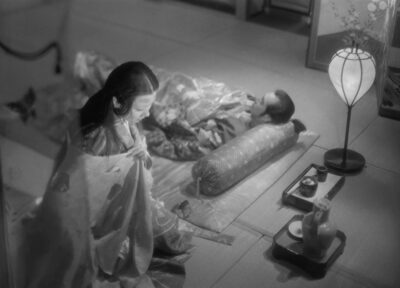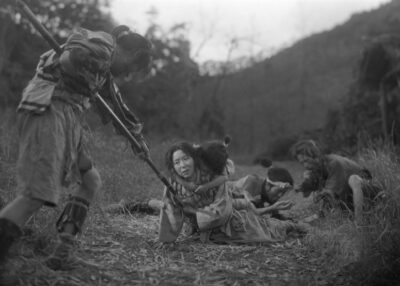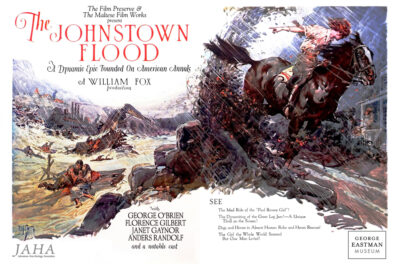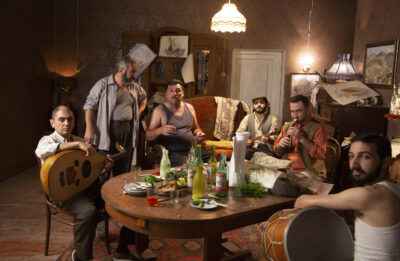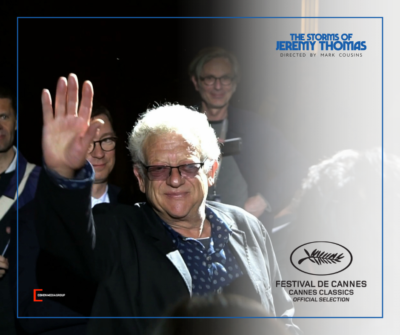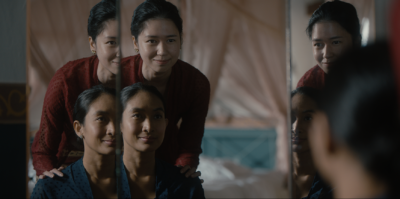“Margot met Robert on a Wednesday night toward the end of her fall semester. She was working behind the concession stand at the artsy movie theatre downtown when he came in and bought a large popcorn and a box of Red Vines.”
So begins Kristen Roupenian’s short story Cat Person. When The New Yorker published it in 2017, it struck a nerve with readers and was the first work of short fiction to ever go viral, spurring conversations around the world about the modern dating scene, seduction, and consent. After the film adaptation’s buzzy premiere at Sundance in January, Cat Person is finally where it belongs, at “artsy movie theatre[s],” opening this weekend at the Royal, Town Center and Glendale and October 13 at the Monica Film Center and NoHo. We’re also pleased to host two special screenings at the NoHo with the filmmaker Susanna Fogel in person for conversations with social activist and writer Monica Lewinsky on October 12 and with actor-writer-director Alex Winter on October 13.
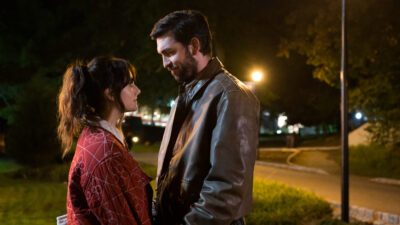
Director Susanna Fogel stated “Like the short story that stirred so much controversy, Cat Person will call upon you to reflect on romantic encounters you’ve had in the past, and to question the role (or multiple roles) you may have played. We’ve all been the victim in some narratives and the villain in others, and I hope you’ll walk out of this film with a strong opinion, ready to debate.”
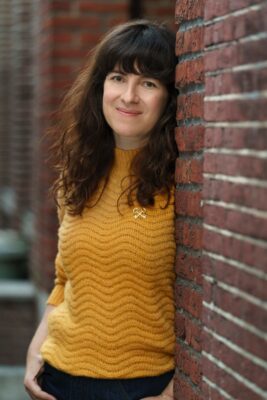


“A film that’s funny in places, horrifying in others and all but destined to be a reference point in future discussions about courtship.” ~ Peter Debruge, Variety
“The relief…is in the filmmakers’ approach to these tense scenes: Fogel and Ashford loosen their grip, at last trusting us to sit in our discomfort, draw our own conclusions and sharpen our tools for the discourse.” — The Hollywood Reporter

